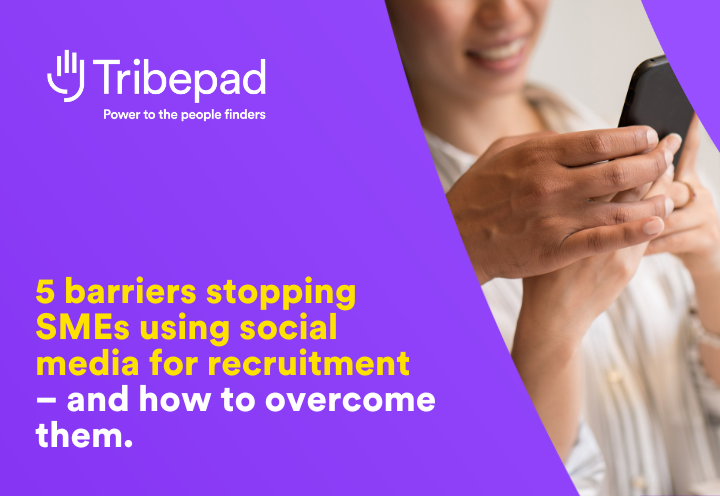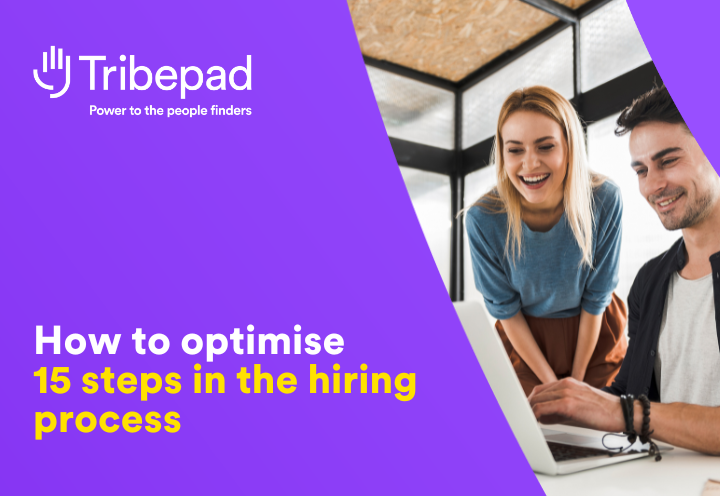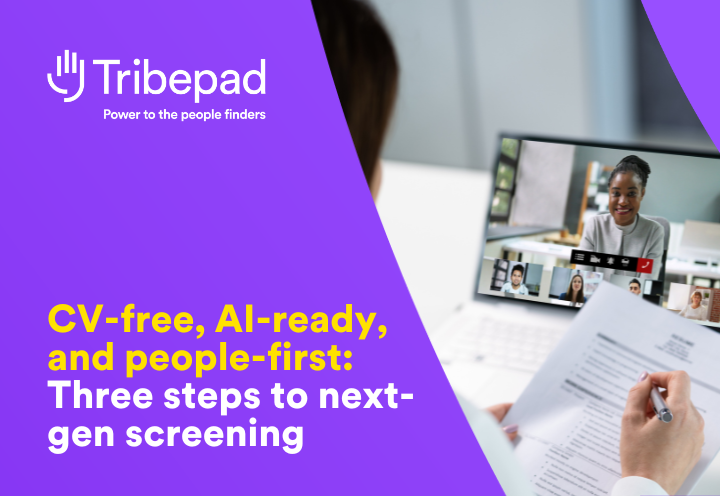Talent shortages are a major hurdle for retail and hospitality recruitment. They threaten growth, hurt service, and ultimately hit retail and hospitality organisations where it hurts: the bottom line.
But what can recruiters do about it?
The simple answer: talent pooling. Retail and hospitality recruitment teams can reduce shortages by moving towards a more strategic approach to recruitment, using talent pools.
Keep reading to learn:
- Three reasons talent pooling makes particular sense for retail and hospitality recruitment
- A step-by-step process for building talent pools that overcome talent shortages and speed up recruitment
- Some practical ideas to nurture your candidates, and turn talent pools into talent communities.
UKHospitality say talent shortages are suppressing economic activity in the hospitality sector by £22Bn. And 99% of retail recruitment leaders in the UK are worried about shortages.
Escaping the hamster wheel of reactive retail recruitment
Being a retail and hospitality recruiter can feel like being a hamster in a wheel, stuck in a repeating flurry of reactive recruitment.
You want to pause and be more strategic, but where do you find the time? How do you escape the cycle and start doing things differently?
Talent pools are a simple-but-mighty tactic to start creating some breathing space.
As we’re sure you know, A talent pool is a collection of candidate profiles grouped by similar attributes, like experience, job title, qualifications, or whatever else. You might build talent pools of hotel managers who speak two languages, for example, or shop-floor staff with five years’ experience.
We’re big proponents of talent pooling in every sector, but this approach makes enormous sense for retail and hospitality particularly.
(Although one note: talent pooling isn’t an instant fix. There’s an initial pain barrier because you need to find time to take a step back, to create time to step forward. It’s classic chicken and egg. But talent pooling does pay off, and momentum builds fast. We’ll show you.)
Why talent pools shine for retail and hospitality recruitment
Talent pooling makes enormous sense for retail and hospitality recruitment, for a few reasons:
- High volume. You’re recruiting for lots of people, often for very similar roles. Talent pools are an invaluable way to cluster candidates who suit your most common roles. Giving you a major step up. Big returns for little effort.
- High turnover. High churn creates a very buoyant recruitment market. Those candidates who weren’t available yesterday might be today. It makes good sense to keep track of them and maintain relationships.
- High speed. In hospitality and retail recruitment, candidates are often applying to tens of very similar roles. Your employer brand and candidate experience matter a lot, but speed is a major deciding factor.
The idea of talent pooling is to give yourself a warm, qualified hunting ground to kick-start your search for candidates. So you’re not starting from scratch, whenever you need to hire.
It’s a way of organising candidates, really, so you can search, find, and hire faster – creating more value from your database. (AKA: turning your ATS into an actually-useful asset, rather than a tumbleweedy desert.)And once you’ve built talent pools, you can nurture them with dedicated campaigns to strengthen relationships and keep passive candidates warm.
How does talent pooling work?
In theory, talent pooling is straightforward. Although you’ll need the right tools, and it’s also helpful to take a moment to ask some bigger picture questions about your approach to talent pooling.
Here’s what the process might look like:
- Categorise active candidates coming into your database
As candidates come into your database, either added manually or through applying to roles, group them into categories or pools. For example, you might group candidates by job title, location, and qualification. Or anything more nuanced that your organisation needs. Good recruitment tech should automate this process.
- Categorise candidates already in your database
Go back through your silver and bronze medallists – the candidates who nearly but didn’t quite make the cut this time – and group them together too. They’re great people to maintain relationships with and approach first next time. High turnover means anyone might be back on the market quickly.
It’s most helpful if you standardise your talent pool process across your team, so everyone’s work is valuable for everyone else.
- Source and categorise passive candidates
Momentum usually builds fairly quickly, as your talent pools give you a pre-built easy-access pool of qualified people. Now you have a little more breathing space, you could add and qualify passive candidates, from social media and dedicated recruitment campaigns. This creates a steady stream of passive candidates coming into your talent pools.
(Remember GDPR though. You can’t market to them without getting explicit permission.)
- Maintain relationships with nurture campaigns
Now you’ve done the hard work, you don’t want to let your talent pools go cold. Keep candidates engaged, with nurture campaigns and communications. So you’re the first brand they think of when they’re next on the market.
Some ideas:
- Send a regular newsletter for jobseekers
- Offer a quarterly 15-min career check-in call
- Share some interesting content, research, or PR
- Promote a referral scheme
- Run a poll about an industry trend
- Create some cool content to promote your employer brand
At their best, talent pools have the potential to become true talent communities – providing an always-on tap of qualified, great-fit people. That’s a pretty good answer to retail and hospitality’s talent shortages.
The right recruitment software makes talent pooling easy, with built-for-purpose functionality to import candidates from social media, run marketing campaigns, tag candidates (manually and automatically), manage relationships, and nurture relationships.
Tribepad is the trusted tech ally to smart(er) recruiters everywhere. Combining ATS, CRM, Video Interviewing, and Onboarding, our talent acquisition software is a springboard for faster, fairer, better recruitment for everyone.
Trusted by retail and hospitality recruitment teams like Pizza Hut, KFC, Subway, Tesco, Superdry, Compass Group, Sodexo, Carpetright, Sofology, and Card Factory, 25 million people in 16 languages use Tribepad.




